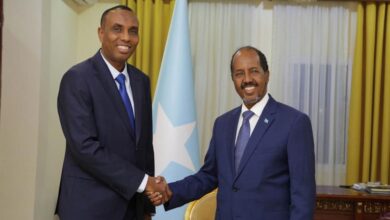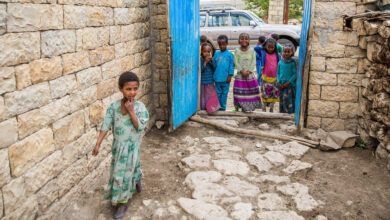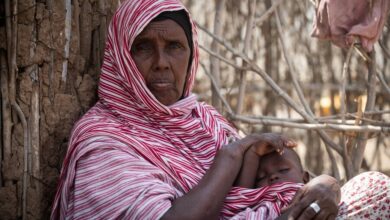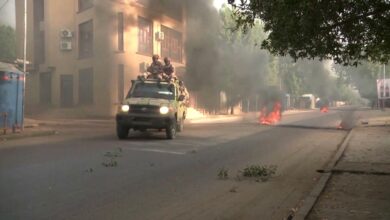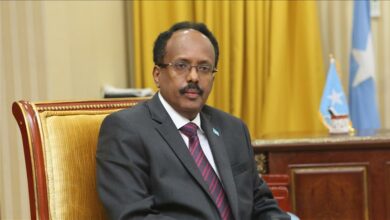Somalia
Somalia’s Presidential Election: African Union Imposes Curfew On Poll Venue
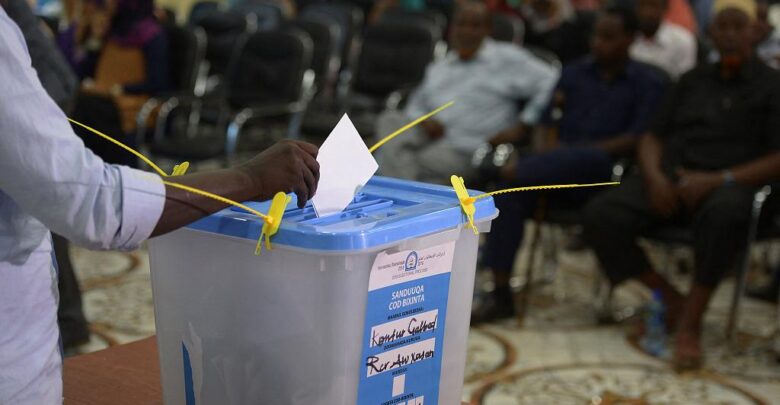
With Somalia’s presidential elections inching closer, the African Union Transition Mission in Somalia (ATMIS) has imposed a curfew on the Afisyoni air force hangar in the capital, Mogadishu, and the surrounding areas. The presidential election is due to take place on Sunday, May 15.
According to Africa News, the curfew takes effect from Tuesday and ends on Monday next week.
329 lawmakers from both houses — 54 from the Senate or Upper House and 275 from the Lower House — will converge at the airport to vote for the president, who will govern the country for the next four years.
According to Somalia’s joint parliamentary committee, which is responsible for organizing the presidential election, a total of 39 candidates have registered to take part in the Sunday polls.
Key candidates in the elections include President Mohamed Abdullahi Farmajo and his two predecessors, Hassan Sheikh Mohamud and Sharif Sheikh Ahmed, who is widely regarded as front-runners. Only one female candidate expressed her interest in running for the country’s top office.
The vote witnessed a series of delays before a date was finally set for May 15. The election is already 15 months behind schedule due to Covid-19, severe drought, insecurity, and differences among leaders. The poll comes after Somalia concluded parliamentary polls in April.
In order to be elected as Guinea’s President, a candidate must garner at least two-thirds or 184 of the votes of both chambers.
The vote will be held amid tight security due to an upsurge in terror attacks by al-Shabab militants opposed to the electoral process in Somalia.
The last time Somalia held a one-person, a one-vote election was in March 1969 when the government was overthrown in a military coup. The Parliamentary and presidential elections took place in late 2016 and early 2017 through a system of indirect suffrage.


